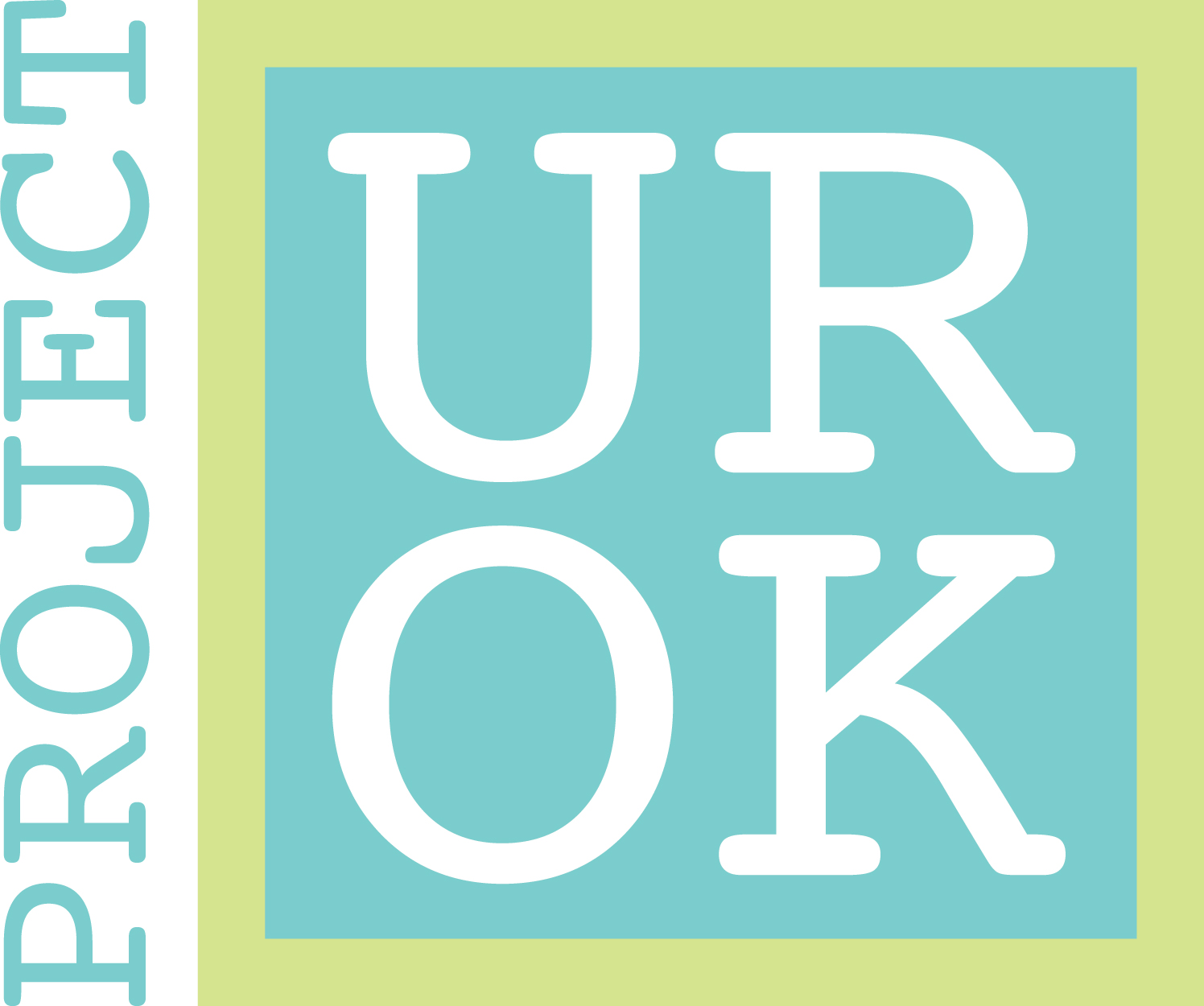Minority Mental Health Advocate: Julius Boatwright
"My hope is that we can encourage folks, particularly people of color, to share honest conversations about mental health." -Julius
Tell us about the work you do and how you got started.
I serve as CEO + Founder of Steel Smiling. We bridge the gap between mental health providers and community members. We provide grassroots, culturally competent, and human-centered support for our communities.
We strive to do that in three ways: therapeutic interventions, photographic storytelling, and training/education. We meet people where they're at, creating spaces that promote acceptance and help them connect with ongoing mental health supports. We share multiple opportunities to connect with mental health professionals so they can directly voice their needs, wants, ideas, trauma, and triumphs.
I launched our efforts shortly after my best friend from college lost his life to mental illness by suicide. While serving as a mental health professional, I saw a need for proactive, culturally competent conversations. I experienced the brokenness of our system and felt mentally, emotionally, and spiritually called to embrace my purpose.
My hope is that we can encourage folks, particularly people of color, to share honest conversations about mental health. If someone feels compelled to begin their healing process, we'll gladly walk with them during their journey. Ultimately, we're all broken human-beings searching for someone to love, value, and appreciate us.
Why does minority mental health matter to you?
Minority mental health matters for a myriad of different reasons. Minorities and people of color carry the weight of our collective trauma. No matter how we dissect it, we're still trying to make sense of some heavy historical pains.
As people of color, we don't receive adequate and ongoing mental health support. During my time serving as a community-based therapist, I witnessed everything. I stood helplessly over incubators looking at newborn babies addicted to heroin. I cried with mother's as their children were shipped off to juvenile detention centers. I was also faced with de-escalating multiple violent domestic disputes.
These incidents occurred because folks weren't connected to support services until after a crisis. That's far too prevalent in our communities and it must be addressed proactively. Our efforts as mental health professionals should always have a preventative component.
What would you tell your younger self?
I was never officially diagnosed, but I've dealt with symptoms related to depression and anxiety since I was 14 years old. There was a time that I had minimal skills when it came to coping with stress. Throughout my life, I've also had many unsuccessful suicide attempts. I never wanted to die. Oftentimes, I didn't know how to properly process my pain and trauma.
If we could travel back in time, I'd tell my younger self that's it's okay to not feel well every single day. As a child, I struggled with perfectionism. I slowly learned that my feelings related to depression and anxiety were directly connected to unrealistic expectations.

